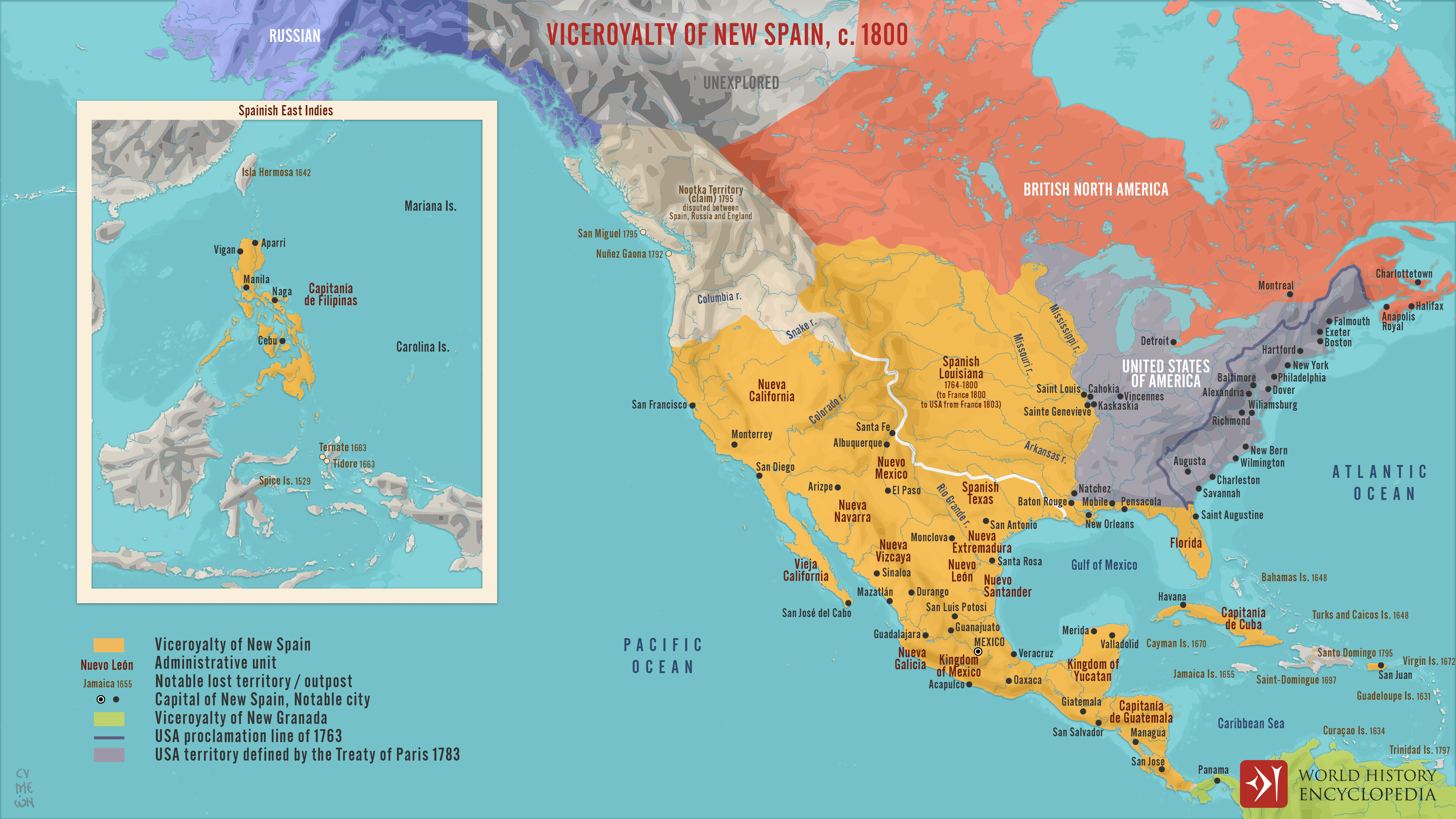Puerto Rico has voted for statehood in three plebiscites. There are people who are opposed to statehood. A very small percentage of Puerto Rico voters want independence (5% is the highest percentage ever recorded in any status vote). Some want “enhanced commonwealth,” a vague plan which has been rejected by every branch of the federal government as unconstitutional, but which still shows up in discussions of status, sometimes identified as “free association.” Some actually want free association, like the relationship the United States has with the Marshall Islands or Palau. Some may want other things entirely. One idea that often comes up in conversations about Puerto Rico’s political status is the claim that Puerto Rico was autonomous under Spain. Is that true?
Was Puerto Rico autonomous under Spain?
The claim is that Puerto Rico was not a colony of Spain, but was a province of Spain, just as it could be a state of the United States. Under this claim, Puerto Rico had autonomy, and lost it when Spain ceded Puerto Rico to the United States.
“Carta Autonómica“ was in fact approved by Spain on November 25, 1897. This ruling gave Puerto Rico home rule, representation in the Spanish Cortes, and some ability to trade with other nations. In February of 1898, the first elections were held to choose a local government. This government scheduled its first meeting for July. One week later, the United States entered Puerto Rico. Soon, Spain handed Puerto Rico over to the United States; clearly, Puerto Rico was still a colony of Spain and not in fact autonomous, or Spain could not have done this.
The autonomists — the leaders who had been struggling for autonomy as part of Spain for many years — embraced U.S. statehood. As Christina Duffy Ponsa explains, “[T]he autonomists became supporters of Puerto Rico’s admission into the Union immediately following the island’s annexation because statehood was, quite simply, a highly desirable version of the political status they had been seeking from Spain for decades. Far from an unnatural departure from their Spanish heritage or a betrayal of their authentic ethnic identity as Puerto Ricans, to Puerto Rico’s nineteenth-century autonomists, statehood was autonomy.”
Duffy Ponsa goes on to describe the multiple occasions during the 1800s when Spain granted “special laws” or equality “in principle” to Puerto Rico and the other New World colonies of Spain, but failed to take any action toward actually producing those laws or providing anything like equality.
Spain had great political upheaval during the 1800s, and Puerto Rico was certainly affected by the changes in the government of Spain. At the end of the Spanish-American War, however, when the Treaty of Paris gave Puerto Rico to the United States, Puerto Rico was not autonomous, but was a colony of Spain. With its home rule government in place for such a brief time, it is not possible to say with any certainty what would have happened if it had been allowed to establish itself.
However, the New York Times ran an opinion piece on January 5, 1897, which began, “Considering that the offer o autonomy by Spain to Puerto Rico was obviously and almost avowedly intended mainly to conciliate Cuba, the sequel of it is particularly instructive.” The article goes on to say that “the autonomists of Puerto Rico [were] disappointed and chagrined” after they went to Madrid to urge substantive autonomy. According to the Times, Spain played “the game of ‘heads I win, tails you lose'” with Puerto Rico and that the Island “has been betrayed and cheated.”
Statehood and autonomy
The early autonomists saw U.S. statehood as an opportunity to have the autonomy they had wanted to achieve under Spanish rule. As a state, under the U.S. Constitution, Puerto Rico will have full equality with the current 50 states and the same rights and responsibilities as all the other states.
Statehood is permanent. Just as Spain was able to change the relationship it had with its colony in Puerto Rico over the 400 years it ruled the Island, the U.S. Congress can currently make all rules and regulations relating to Puerto Rico. As a state, Puerto Rico will have the sovereignty that all U.S. states have, and Congress will not be able to change that.
Puerto Rico will have full representation in Congress, and Puerto Rico voters will be able to elect not only multiple members of Congress and senators, but also the President of the United States. Statehood will provide autonomy.








No responses yet